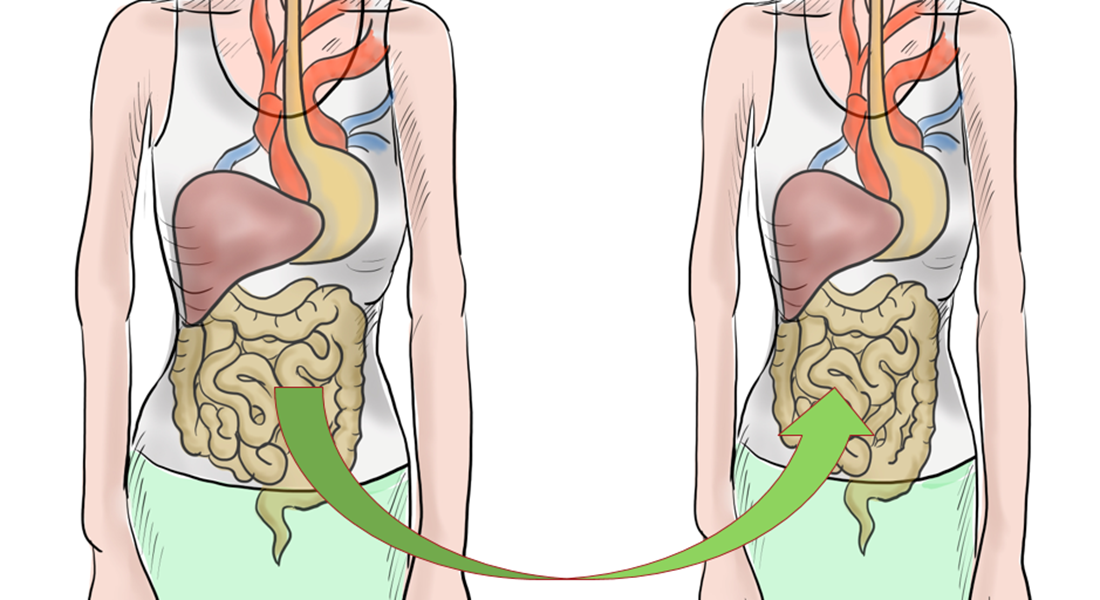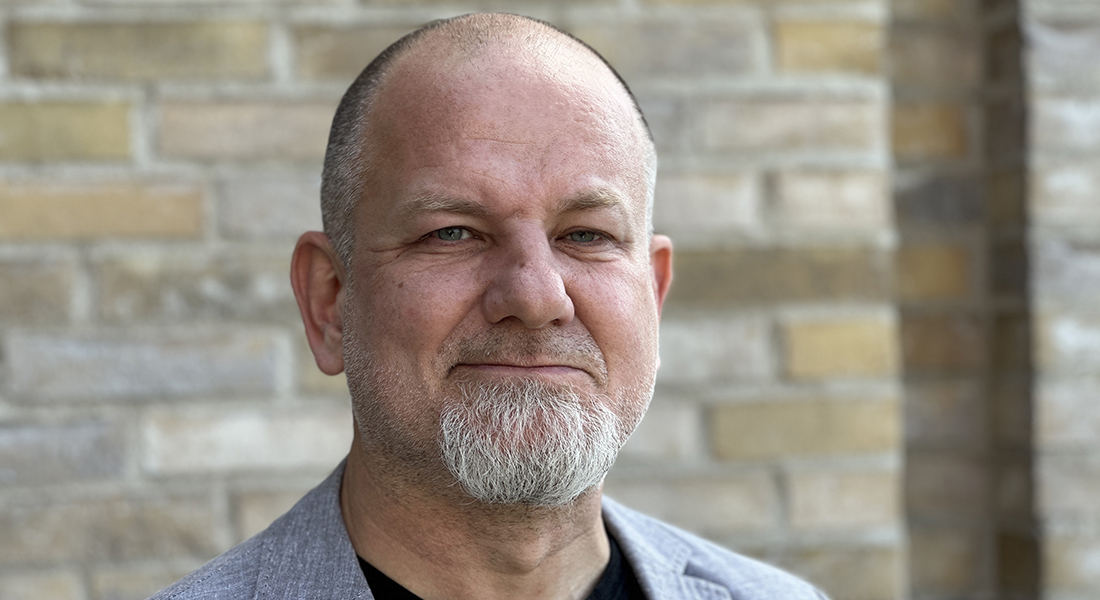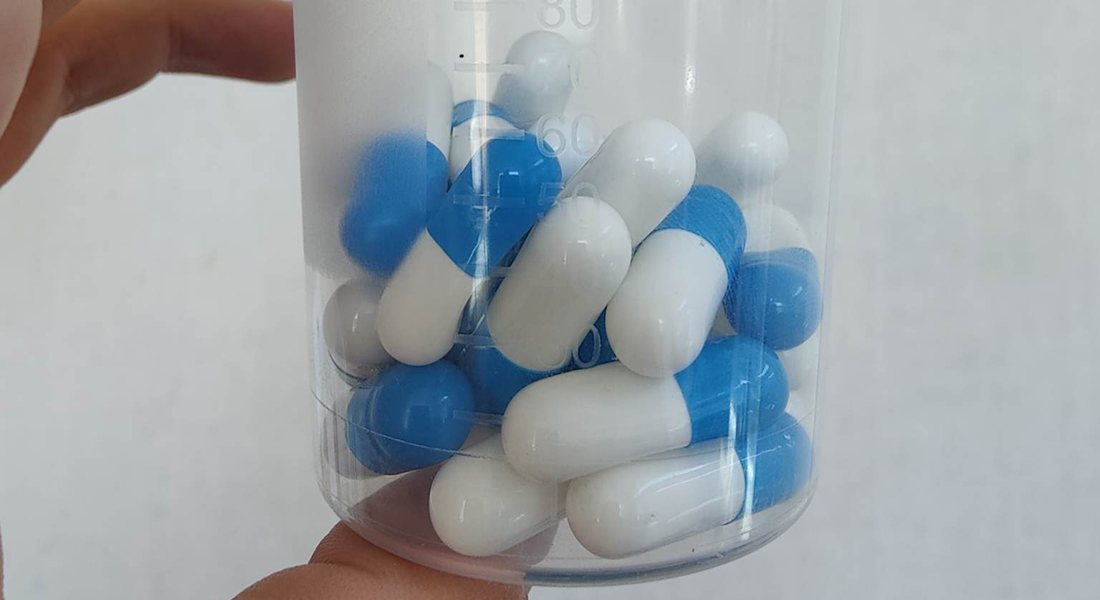Researching Anorexia Treatment Through Gut Bacteria Replacement
Can pills containing gut bacteria from a healthy donor help anorexia patients return to normal eating patterns? This is being investigated by a research group at the Department of Food Science at the University of Copenhagen. The treatment is currently being tested on the first group of patients.

Fecal Microbiota Transplantation, or FMT, is a newer treatment commonly used for patients with severe intestinal infections. But can this treatment also be used when anorexia patients are attempting to return to a normal weight and diet? This is the focus of a research team at the Department of Food Science at the University of Copenhagen (UCPH FOOD), collaborating with doctors and researchers from the Eating Disorders Research Unit at the Mental Health Center Ballerup (PCB), Odense University Hospital (OUH), the Research Unit for Psychiatry, and Hvidovre Hospital, Gastro Unit, Medical Section, in a feasibility study.
"Anorexia is a syndrome, and its underlying cause is not always well explained. There are likely several different diseases under one umbrella. Unfortunately, we can't help everyone, but we hope to assist the portion of patients who are trapped in the illness due to lack of signals from gut bacteria to the brain, which are disrupted during the disease," says Associate Professor at UCPH FOOD, Kenneth Klingenberg Barfod, who initiated and leads the research.

The missing connection between gut bacteria and the brain can lead, among other things, to patients fearing eating due to stomach discomfort. They typically suffer from constipation and various symptoms that researchers believe are linked to the disrupted communication pathways.
"It's quite realistic that with FMT treatment, we can alleviate a significant portion of the patients' gastrointestinal problems, which are associated with a lot of discomfort," says Kenneth Klingenberg Barfod.
Target Audience and Hypothesis
The target group for the new treatment is anorexia patients who are at a stage where they are motivated to eat more for the purpose of weight gain, but where the lack of signaling between the gut and the brain can make it difficult for them.
The researchers' main hypothesis is that by replacing the anorexia patients' atypical composition of gut bacteria (intestinal microbiome) with a healthy ecosystem of gut bacteria from a healthy donor, a normal brain-gut communication can be rebooted, which could alleviate a range of gut issues.
A donor is screened for diseases before fecal donation. The healthy ecosystem of gut bacteria is typically provided in pill form, and a single treatment consists of 25 pills to be consumed by the patients within an hour.
The trial is still open for recruitment of participants. Contact Kenneth Klingenberg Barfod at kenneth.barfod@food.ku.dk if you are interested in further information.
The research is supported by the Lundbeck Foundation LF Experiment. https://lundbeckfonden.com/en/a-10

Anorexia involves both psychological and somatic aspects, but when patients reach the stage where researchers expect to provide help, it specifically concerns the metabolic aspect of the disease, where a part of the system has broken down, creating issues on the path to recovery. The intestinal transplantation, which occurs by having the patient consume 25 pills (see text box), aims to help restore a healthy gut microbiome, which can alleviate gut problems. Twenty patients are participating in the feasibility study, with most expected to have received treatment by early 2024.
"We are only aware of two cases in the research literature where anorexia patients have received a single FMT treatment, so with 20 patients, this is actually something that significantly advances our knowledge," says Kenneth Klingenberg Barfod.
Changes in Anorexics' Gut Bacteria
Anorexics have an altered composition of gut bacteria in their gut microbiome.
"Even if they manage to return to a normal diet and weight, they still have a gut ecosystem that resembles more that of an anorexic individual rather than the gut bacteria of healthy individuals with regular eating habits," says Kenneth Klingenberg Barfod.
Even though research into the gut microbiome has been ongoing for years and researchers' understanding is becoming more nuanced, it's a complex area with many unanswered questions.
"For instance, we don't know much about why some people are good at discarding a bad ecosystem and re-establishing a healthy gut microbiome, while it's more challenging for others," says Kenneth Klingenberg Barfod, who is a biologist but applies his knowledge in health research.
After all patients have completed the treatment, the researchers will begin analyzing samples and organizing data from questionnaire surveys. The results will be published during the spring.
Theory of Five Treatments
"In the long term, we hope that five treatments from the same donor are enough to shift the patients' gut microbiome into a new stable state. However, we envision that there will also be patients who gradually revert to their original issues, but that these can be easily alleviated with additional treatment," says Kenneth Klingenberg Barfod.
It's also possible that patients could be their own donors, with gut microbiota preserved from a time when their bacterial composition was functional.
"This is known as auto-FMT, where the risk of side effects, which is already quite low, decreases. Therefore, auto-FMT might also be used to treat diseases other than anorexia, which are related to the gut microbiome," says Kenneth Klingenberg Barfod.
After the feasibility trial with anorexia patients, he is working on conducting a phase 2 trial that is not yet funded. The feasibility trial can only determine if the trial's structure is feasible, not whether the treatment works, as patients receive only a single treatment, and there is no control group. The phase 2 trial will involve more patients who will also receive multiple treatments.
"As we start to understand more about how gut bacteria affect our appetite and the breakdown of food, it's knowledge that could potentially be applied to other nutritional challenges as well. Anorexia lies at one end of the spectrum, with severe obesity at the other," says Kenneth Klingenberg Barfod.
Contact
Associate professor at the Department of Food Science at the University of Copenhagen (UCPH FOOD) Kenneth Klingenberg Barfod, kenneth.barfod@food.ku.dk
Or
Communications officer at UCPH FOOD Lene Hundborg Koss, lene.h.koss@food.ku.dk
